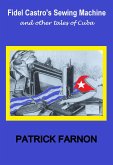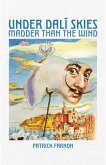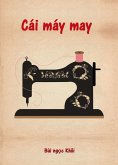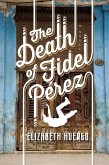
4,99 €
inkl. MwSt. und vom Verlag festgesetzt.
Sofort per Download lieferbar

4,99 €
inkl. MwSt. und vom Verlag festgesetzt.
Sofort per Download lieferbar
21,99 €
Versandfertig in 1-2 Wochen
Ähnliche Artikel

1,99 €
Sofort per Download lieferbar
eBook, ePUB
6. März 2020
OTB eBook publishing

3,99 €
inkl. MwSt. und vom Verlag festgesetzt.
Sofort per Download lieferbar

5,99 €
Sofort per Download lieferbar

7,99 €
Sofort per Download lieferbar

0,00 €
inkl. MwSt. und vom Verlag festgesetzt.
Sofort per Download lieferbar

5,99 €
Sofort per Download lieferbar

3,49 €
inkl. MwSt. und vom Verlag festgesetzt.
Sofort per Download lieferbar

0,99 €
inkl. MwSt. und vom Verlag festgesetzt.
Sofort per Download lieferbar

2,99 €
inkl. MwSt. und vom Verlag festgesetzt.
Sofort per Download lieferbar
Ähnlichkeitssuche: Fact®Finder von OMIKRON

